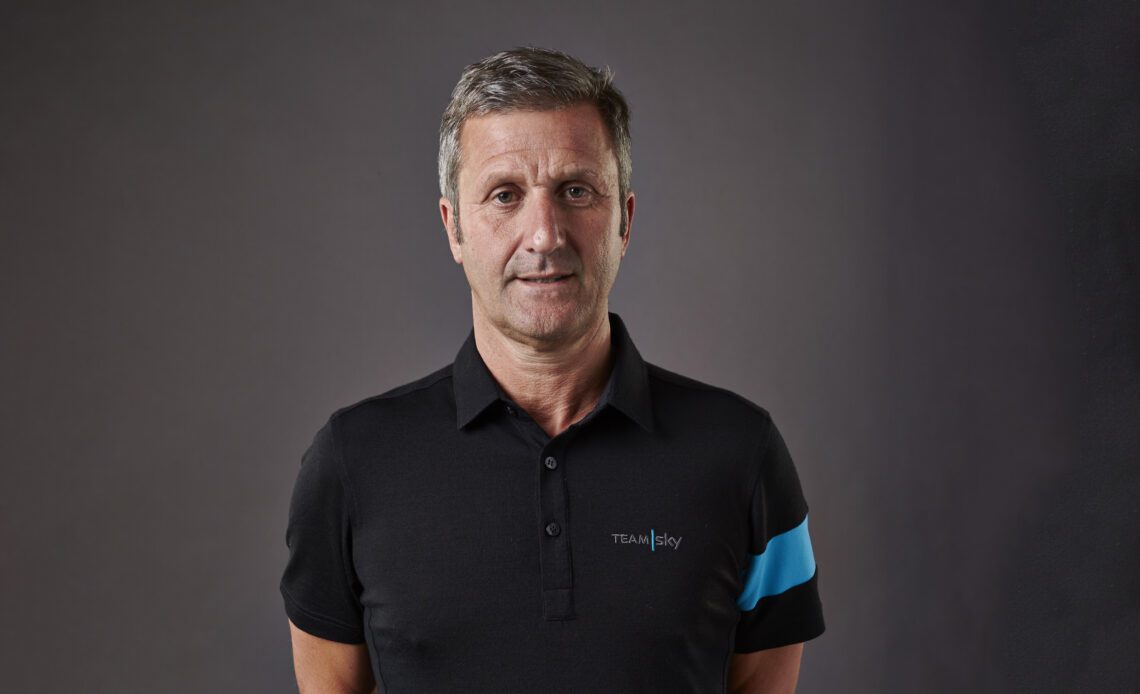Former Team Sky and British Cycling doctor Richard Freeman has been handed a four-year ban for violating anti-doping rules, including possession of a prohibited substance and “tampering” with an anti-doping investigation.
Freeman, had his medical license revoked in 2021 due to misconduct, was ruled by UK Anti-Doping (UKAD) to have violated the organisation’s rules on three counts – “by taking possession of an order of 30 sachets of Testogel [testosterone – Ed.], and lying to UKAD in respect of that order”.
His ban will be backdated to the start of his provisional suspension, which began on December 22, 2020. Freeman declined to attend the anti-doping tribunal and, in January of this year, lost his appeal to the High Court over the revocation of his medical license.
The case dates back to 2011, when Freeman ordered the Testogel to British Cycling’s headquarters in Manchester. He was charged by UKAD over the offences in February 2021 and admitted that he had “lied about the events to UKAD, to my solicitor and legal team”, though denied that the testosterone was intended for an athlete.
Instead, Freeman claimed that the delivery was in error before changing his explanation to claim that it was ordered for British Cycling coach Shane Sutton in order to treat erectile dysfunction, which Sutton denied.
UKAD’s case against Freeman was on pause while Freeman appealed to the High Court, though once the proceedings restarted in July, the National Anti-Doping Panel (NADP) found both charges against him proven.
Evidence of the Testogel delivery first came to light during an UKAD investigation into a ‘jiffy bag’ investigation surrounding a delivery to Freeman at the 2011 Critérium du Dauphiné, won by Sky’s Bradley Wiggins.
The 2016 investigation brought a spotlight on the medical department at British Cycling’s Manchester velodrome base, bringing to light allegations of incomplete medical records and stolen laptops. Freeman was first interviewed by UKAD in 2017, while a year later a parliamentary hearing found that Team Sky and Freeman had crossed an “ethical line”by using legal medications to assist Wiggins’ performance – including a therapeutic use exemption (TUE) for corticosteroids.
”The tribunal was comfortably satisfied that Dr Freeman had ‘intended to make available to one or more of his athletes the prohibited substance delivered to the Manchester Velodrome’,” read a statement issued by UKAD.
“Whilst Dr Freeman had…
Click Here to Read the Full Original Article at CyclingNews RSS Feed…

